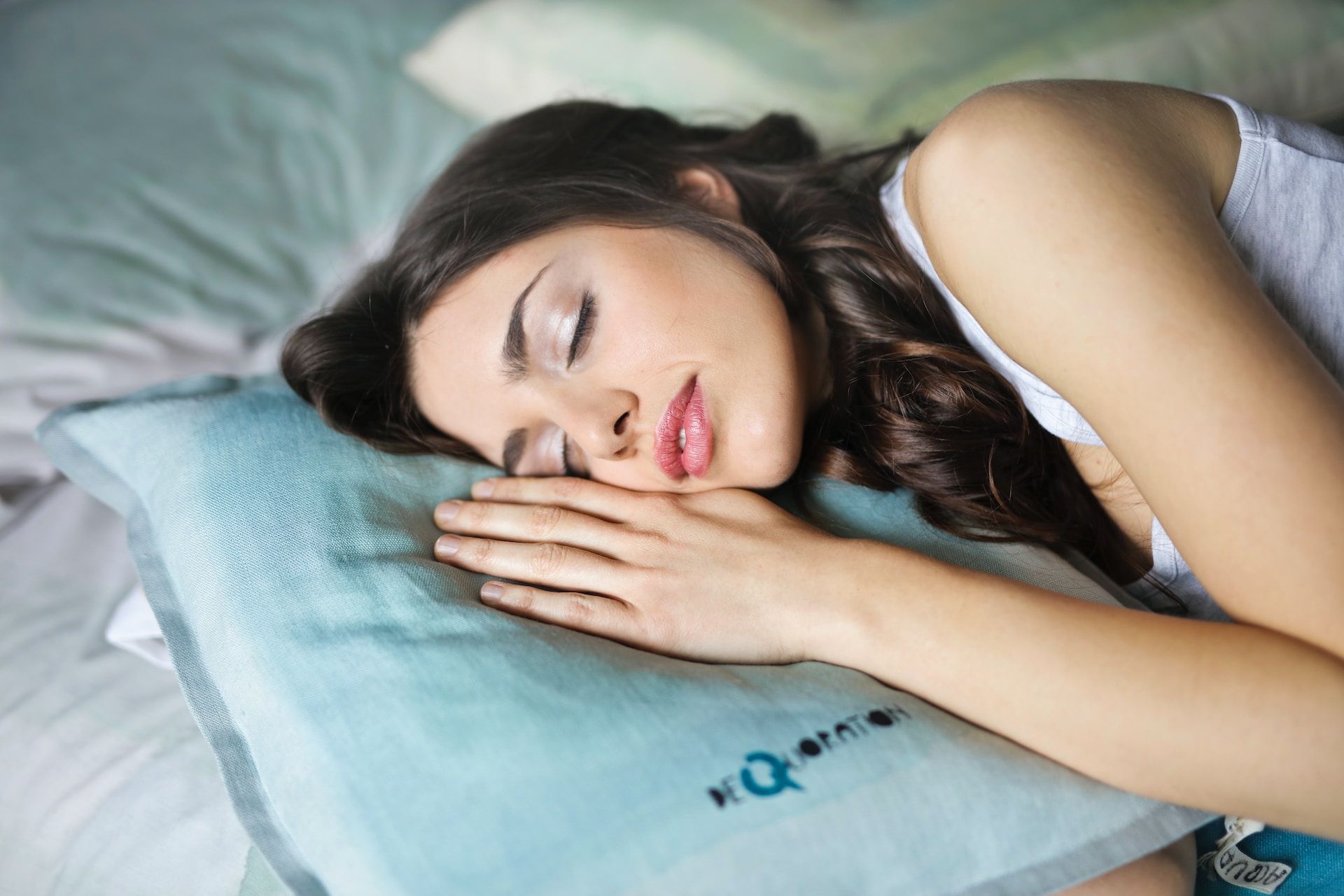The Benefits of Oral Appliance Therapy for Sleep Apnea and Snoring: A Comprehensive Guide

Continuous Positive Airway Pressure (CPAP) therapy has long been the gold standard for treating obstructive sleep apnea, a sleep disorder characterized by temporary breathing interruptions during sleep. However, many individuals find it challenging to adapt to CPAP therapy due to its bulky equipment and constraints. Consequently, alternative treatment options like oral appliance therapy have grown in popularity, providing a more comfortable and convenient solution to manage sleep apnea and alleviate snoring.
As experts in dental sleep medicine based in Central Pennsylvania, we recognize the potential of oral appliance therapy in helping individuals improve their sleep quality and overall well-being. Our team of professionals is committed to offering personalized treatment options to address sleep apnea, snoring, and other sleep-related disorders effectively.
This comprehensive guide will delve into the world of oral appliance therapy and how it can benefit individuals suffering from sleep apnea and snoring. We'll examine the principles behind oral appliances, explore different types available, and outline the process of obtaining a customized oral appliance from dental sleep medicine professionals. Gain expert insights and discover how oral appliance therapy can significantly enhance your sleep and quality of life.
The Benefits of Oral Appliance Therapy for Sleep Apnea and Snoring: A Comprehensive Guide
How Oral Appliance Therapy Works
The primary goal of oral appliance therapy is to maintain an open airway during sleep, reducing the likelihood of breathing disruptions and snoring. These custom-fitted dental devices work by repositioning the lower jaw or tongue, preventing the collapse of soft tissues in the throat and promoting a more unobstructed airway. Some benefits of oral appliance therapy include:
1. Improved compliance:
Many individuals find oral appliances more comfortable than CPAP therapy, which may lead to increased adherence and improved treatment outcomes.
2. Enhanced portability:
Unlike bulky CPAP machines, oral appliances are compact, lightweight, and easy to transport, making them a convenient option for frequent travelers.
3. Minimal noise:
Oral appliances operate silently, unlike CPAP machines, which may produce unwanted noise during sleep.
4. Reduced dry mouth and nasal irritation: Some individuals using CPAP therapy may experience dry mouth or nasal irritation caused by the constant airflow. Oral appliances do not require forced air, eliminating these discomforts.
Types of Oral Appliances for Sleep Apnea and Snoring
There are primarily two categories of oral appliances used in treating sleep apnea and snoring: Mandibular Advancement Devices (MADs) and Tongue Retaining Devices (TRDs). Each type functions differently in addressing airway obstructions, but both serve the central goal of maintaining a clear breathing passage during sleep.
1. Mandibular Advancement Devices (MADs): MADs resemble mouthguards and are the most commonly prescribed oral appliances for sleep apnea and snoring. These devices work by gently advancing the lower jaw forward, which helps to enlarge the airway and reduce the likelihood of airway collapse.
2. Tongue Retaining Devices (TRDs):
TRDs consist of a suction bulb that holds the tongue forward, preventing it from falling back and obstructing the airway. While less commonly prescribed, TRDs can be useful for individuals who are unable to tolerate MADs.
Obtaining a Custom-Fitted Oral Appliance
The journey to obtaining a custom-fitted oral appliance typically begins with a comprehensive evaluation conducted by a dental sleep medicine professional. This assessment will involve:
1. Sleep History and Screening:
The dental sleep medicine professional will review the patient's medical history, sleep patterns, and any previous sleep study results to determine if oral appliance therapy is suitable for their specific case.
2. Oral Examination:
A thorough oral examination will be performed to evaluate the patient's dental and jaw structure, ensuring their mouth can accommodate an oral appliance.
3. Impressions and Bite Registration:
If deemed suitable for oral appliance therapy, the dental professional will take dental impressions and a bite registration to create an accurate model of the patient's teeth, which will enable the creation of a custom-fitted oral appliance.
4. Fitting and Adjustments: Once the custom oral appliance is ready, the dental sleep medicine professional will ensure it fits comfortably and instruct the patient on appropriate usage and care. Follow-up appointments will be scheduled to monitor progress, assess effectiveness, and make any necessary adjustments.
Who is a Candidate for Oral Appliance Therapy?
Oral appliance therapy is most effective for individuals with mild to moderate obstructive sleep apnea or snoring. Patients with more severe sleep apnea may also benefit from oral appliances, particularly if they struggle with CPAP compliance. It is crucial to consult with a dental sleep medicine professional to determine if oral appliance therapy is the right option based on individual needs and the severity of their sleep disorder.
The Role of Dental Sleep Medicine Professionals in Oral Appliance Therapy
Dental sleep medicine professionals play a critical role in prescribing and managing oral appliance therapy. With their expertise in dental sleep medicine, they can develop personalized treatment plans tailored to individual needs, monitoring treatment progress, and adjusting oral appliances as necessary. Dental sleep medicine professionals are invaluable allies for individuals seeking relief from sleep apnea and snoring through oral appliance therapy.
Embrace Better Sleep with Oral Appliance Therapy
Oral appliance therapy provides an effective, comfortable, and convenient alternative to traditional CPAP treatment for sleep apnea and snoring, offering a path towards better sleep and improved quality of life. Our dental sleep medicine professionals in Central Pennsylvania are committed to aiding individuals in their journey to better sleep through personalized oral appliance therapy.
Don't let sleep apnea or snoring dictate your nights any longer – consult with Pennsylvania Dental Sleep Medicine’s dental sleep medicine experts today and embark on a path towards restorative, undisrupted sleep.


